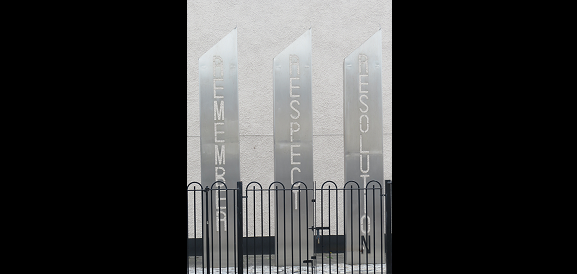The world lost an intellectual giant this year when Morton Deutsch—an eminent psychologist, Columbia University professor, mentor extraordinaire, and one of the founders of the field of conflict resolution—passed away in March at the age of 97. Throughout his long and illustrious career, Deutsch remained committed to promoting a more just, peaceful and sustainable world. In honor of his life and legacy, our Director Peter T. Coleman has selected a series of ten of Deutsch’s most significant scientific to highlight in a series of weekly blog posts, running on Psychology Today and Huffington Post.
The first of these weekly posts was published on Thursday, August 10, and a new blog will be posted each week through Thursday, October 12. Below you can find the link to this week’s blog—you can also check back here for links on future blogs, and remember to follow us on social media for more of our updates!
Finally to read more about Deutsch’s life and work, please visit: http://icccr.tc.columbia.edu/founder-morton-deutsch/
In Deutsch’s research at MIT on cooperation and competition in groups, he discovered something critical. The initial studies were conducted with students in introductory psychology courses. Half of the classes were composed of groups of students graded competitively within their groups on a curve. The other half were graded cooperatively, where all members would share the same grade – their group average.
When the students in these groups had conflict – which happens in all groups – they responded in very different ways depending on which types of groups they were assigned to. The students in the competitively rewarded groups tended to view their conflicts as win-lose struggles against the other members and so would often become defensive and go on the attack, while those in cooperative groups tended to see their conflicts as mutual problems that they needed to solve jointly and constructively in order to proceed making progress on their shared goals. Read the full article here at Psychology Today—When Does Conflict Move in a Good or Bad Direction?
